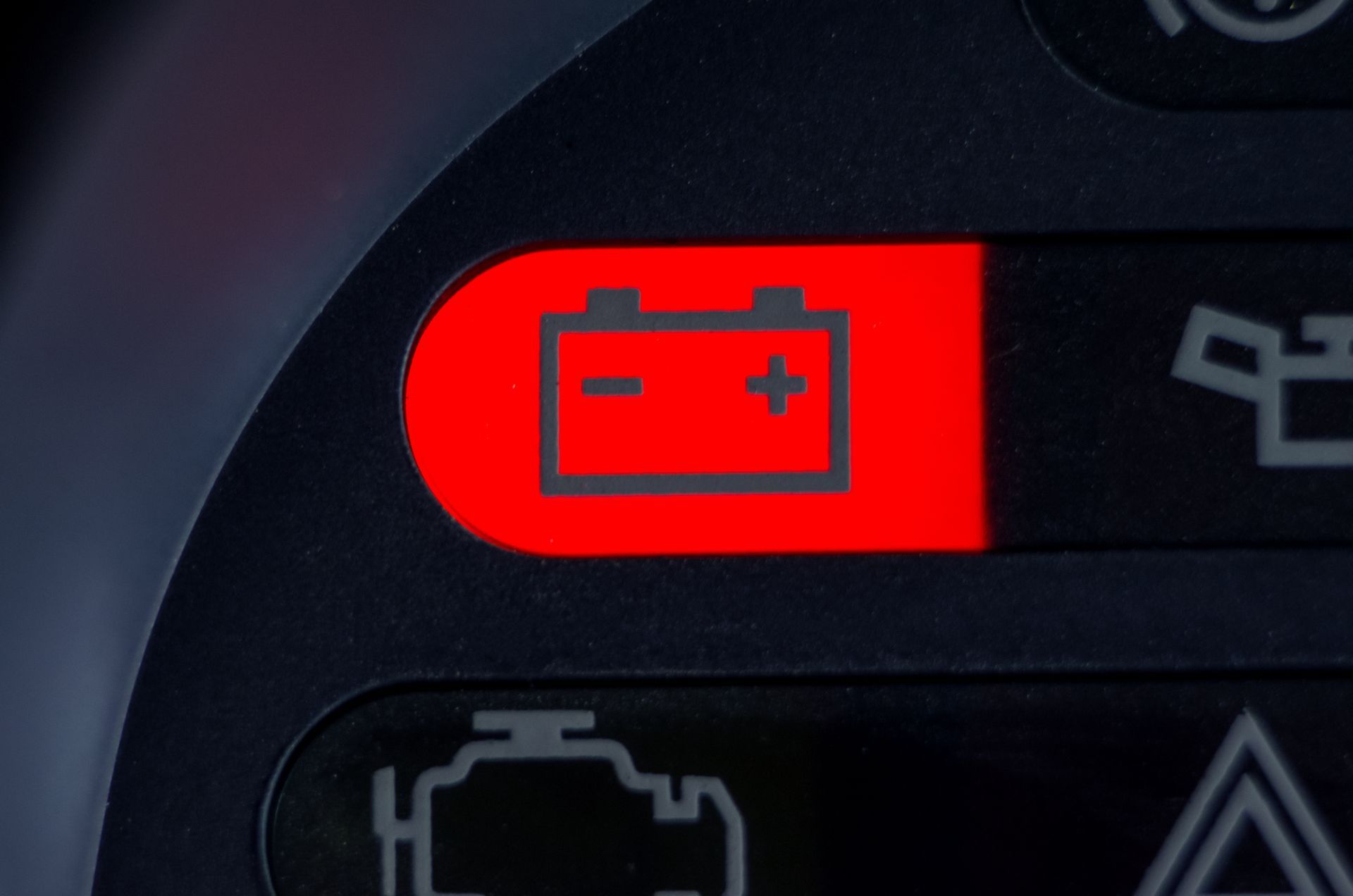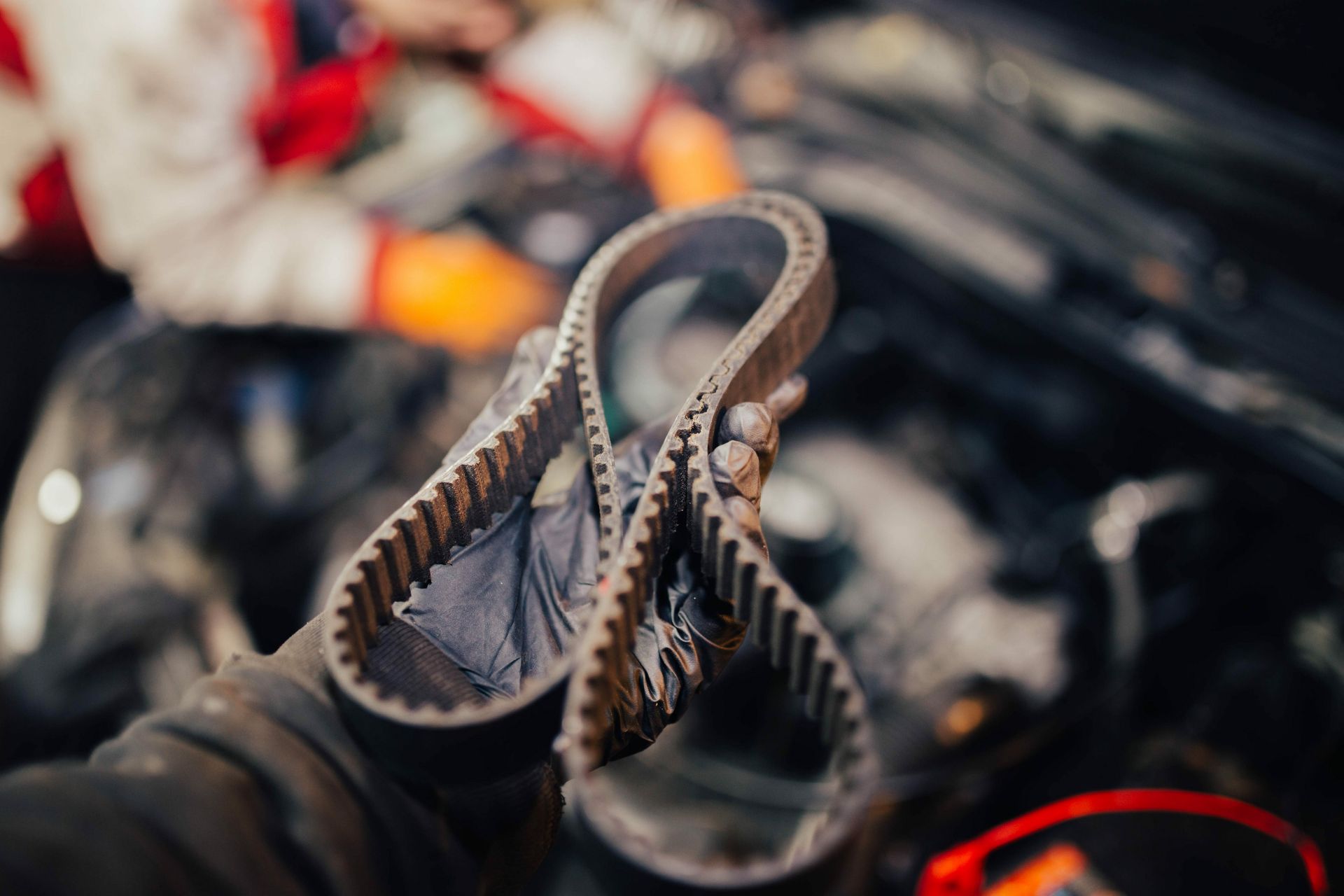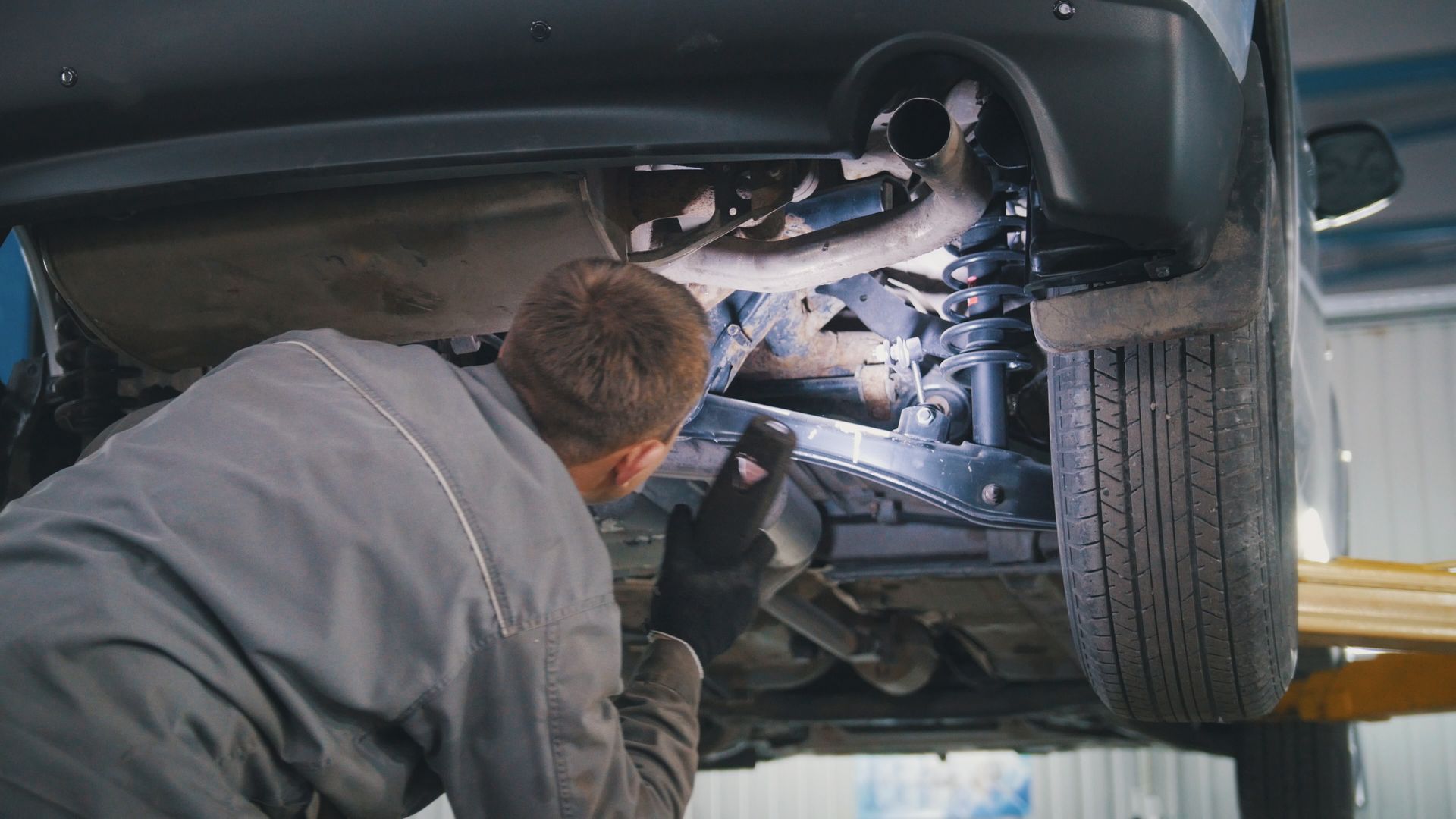5 Costly Problems That Come from Skipping Oil Changes
Fresh oil protects the tight clearances inside your engine. When changes get pushed off, the oil ages, thins out, and collects debris. At first, the car still feels fine, which makes it easy to keep waiting. Then small hints appear, and a simple service turns into real repair work. Here are the issues we see most often when oil changes fall behind, plus a few easy ways to catch trouble early.
1. Faster Wear on Timing Components
Modern engines rely on oil pressure to keep timing chains, guides, and tensioners working smoothly. Old oil loses the additives that prevent scuffing and varnish. The chain can rattle briefly on cold starts, then quiet down after a few seconds. Over time, that rattle grows longer and begins to chew the plastic guides. If a guide breaks, the chain can jump a tooth and throw off cam timing. Keeping the oil fresh keeps the tensioner happy and the chain quiet.
2. Sludge That Blocks Vital Passages
Heat, short trips, and long intervals create sludge. It looks like thick tar and settles in low spots and tight passages. Sludge blocks drain back holes in the cylinder head and coats the inside of the valve cover. That raises oil temps and starves parts at startup. Once heavy deposits form, they do not wash away quickly. Engines with sludge often need staged cleaning and several short intervals to stabilize, which costs more than routine service would have.
3. Turbo Trouble from Overheated Oil
Turbochargers spin on a thin film of oil and depend on steady flow for cooling. Old oil breaks down and leaves hard carbon around the turbo shaft after a hot shutdown. That buildup restricts flow and can score the bearings. Symptoms start as a whistle or a small loss of power. Left alone, the turbo starts to wobble, and oil can enter the intake. Turbos are less forgiving than older engines, so consistent, correct spec oil is cheap protection.
4. Ring and Cylinder Wear that Lowers Compression
As oil shears and thins, the protective film on the cylinder walls weakens. The rings scrape against the walls with less cushion, which speeds wear. You may notice rougher starts, more blowby smell, and a slow drop in fuel economy. If compression falls enough, misfires appear on cold mornings, and the check engine light joins the party. Oil that meets the exact viscosity and approval for your engine keeps that film strong when the engine is hot and under load.
5. Clogged PCV System and Growing Oil Leaks
The positive crankcase ventilation system routes vapors out of the crankcase. When oil ages, vapors carry heavier droplets that gum up the PCV valve and hoses. Pressure builds, and the weakest gasket or seal begins to seep. Drivers often see a new wet spot at the valve cover or a fresh drip at the oil pan after they have stretched intervals for a while. Cleaning the PCV path and getting back to the right schedule usually stops the mess before seals harden for good.
Simple Signs You Waited Too Long
Use this quick once per month check:
- Pull the dipstick cold. If the oil smells strongly of fuel or feels gritty, plan service.
- Look under the oil cap. A light tan film hints at moisture from short trips that never burned off.
- Listen at startup. A longer than usual tick that fades with rpm suggests the oil is taking too long to reach the top end.
- Watch for a slight drop in fuel economy and a rougher idle after long idles in traffic.
Any one of these is a nudge to get fresh oil and a quality filter in the engine.
Picking the Right Oil for How You Drive
The label on the cap gives viscosity, but many engines also require a specific approval. Those codes matter, especially on turbo or direct injection setups. They set limits on deposits, volatility, and low speed pre-ignition. If you spend most of your time in Plano traffic with short trips, a time-based interval makes more sense than waiting for high mileage. For highway commuters, stick close to the mileage limit in the owner's manual and adjust a little shorter for Texas heat.
Why Filter Quality Changes the Outcome
A tired filter goes into bypass more often, which sends unfiltered oil through the engine. Cheap media can collapse during hot summer drives. Choose a quality filter with the proper anti-drainback valve and bypass rating. On engines that sit during the week, a good anti-drainback valve prevents dry starts and cuts the morning tick that shows up after a few days of parking.
Keep Your Engine Protected with Plano Lube & Auto Repair in Plano, TX
Plano Lube & Auto Repair sets the exact oil and filter your engine calls for, checks PCV function, and looks for early leaks before they become repairs. We match the interval to your driving, whether that is short Plano errands or long highway runs, and we keep it simple with clear reminders.
Call or schedule your oil service today so your engine stays quiet, clean, and ready for every start.



